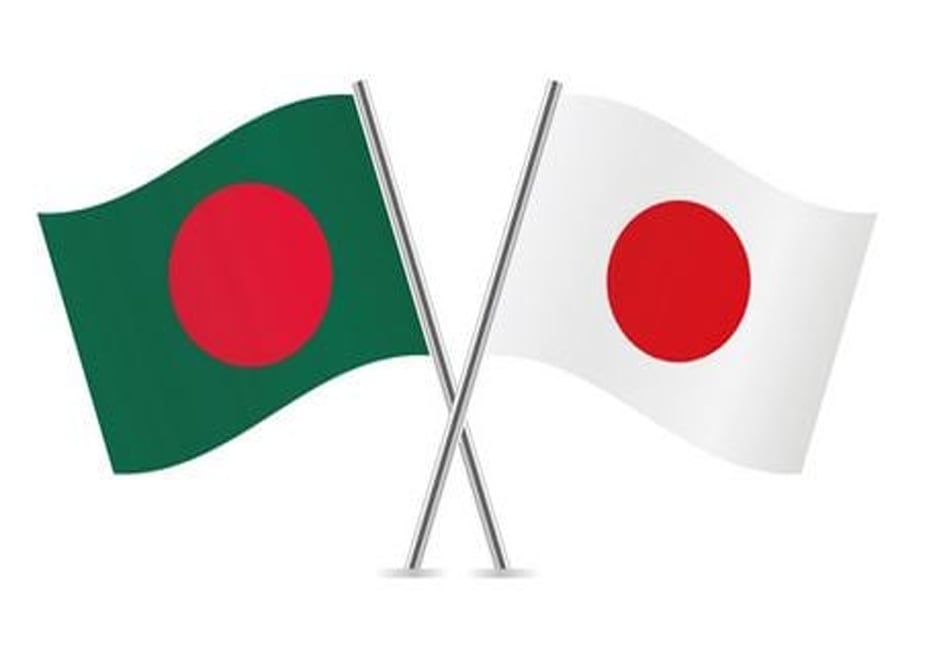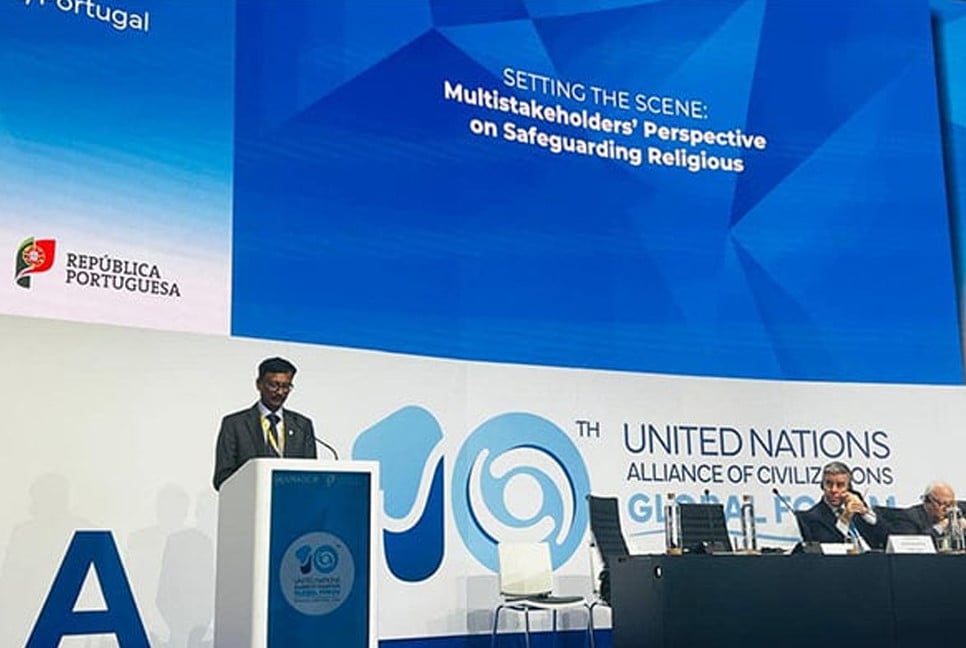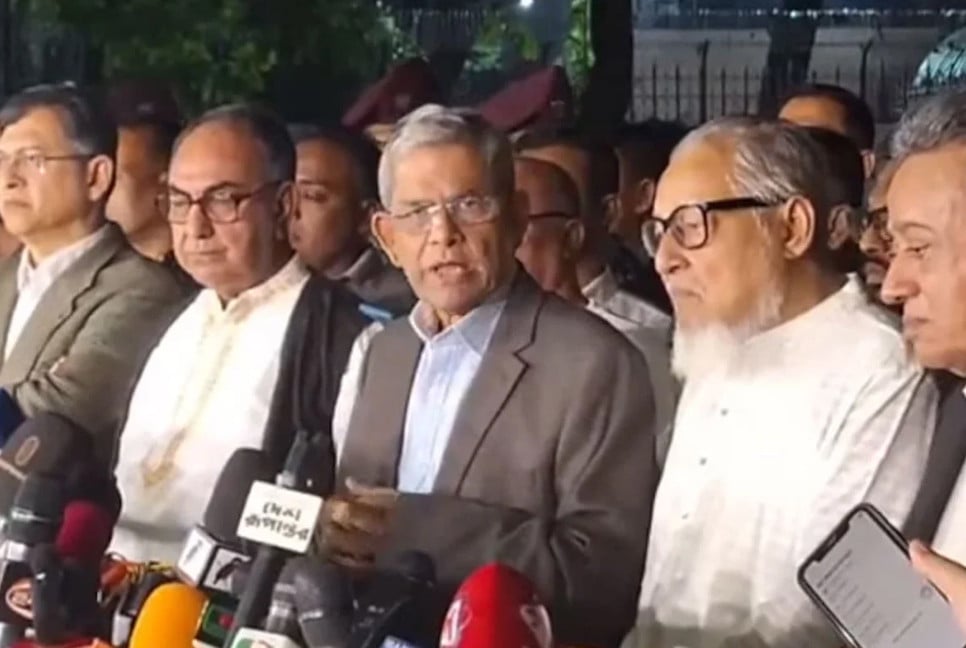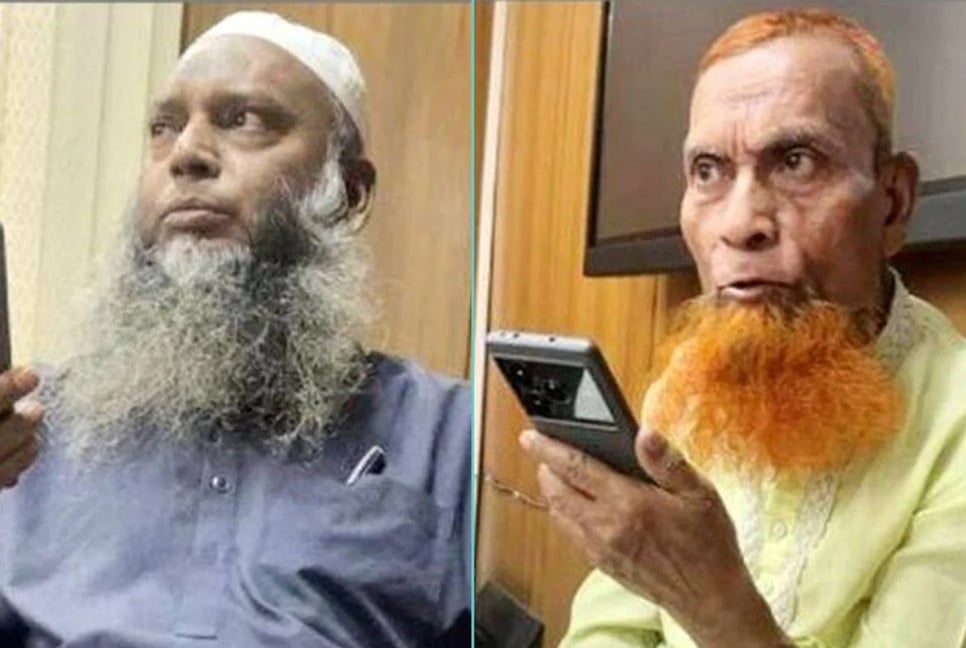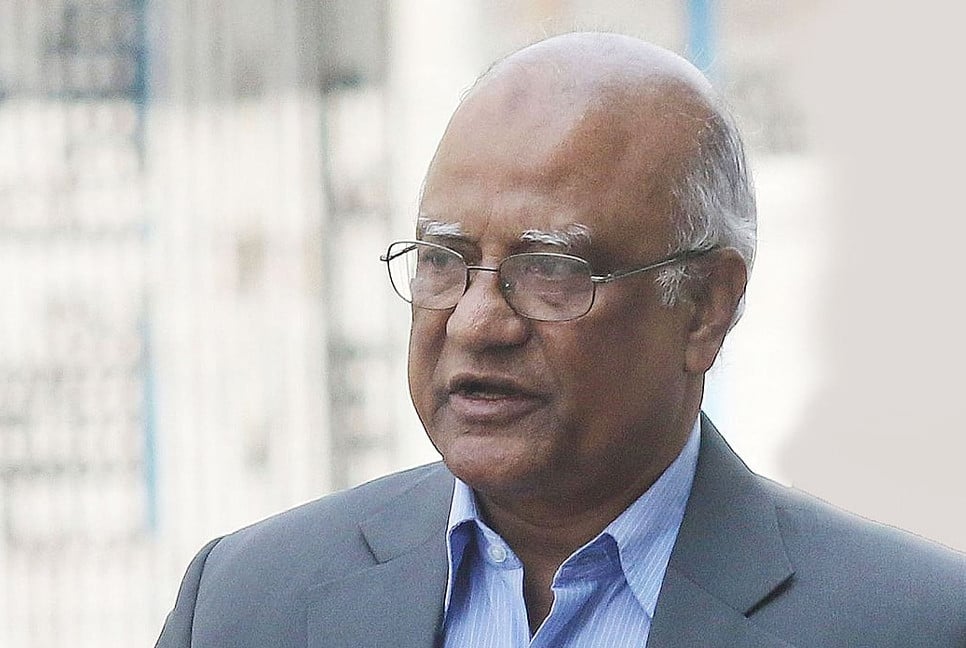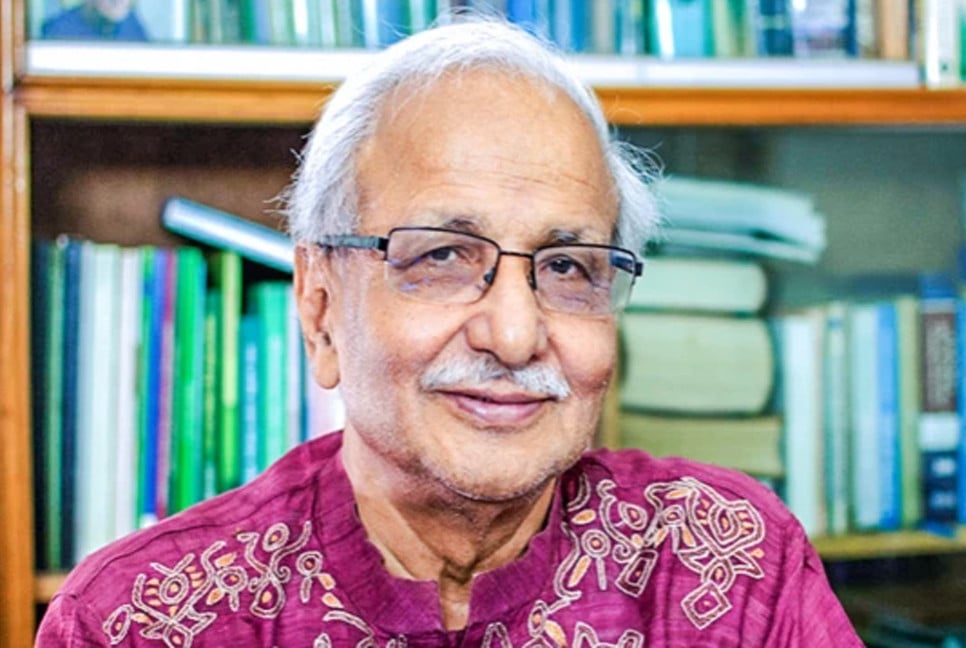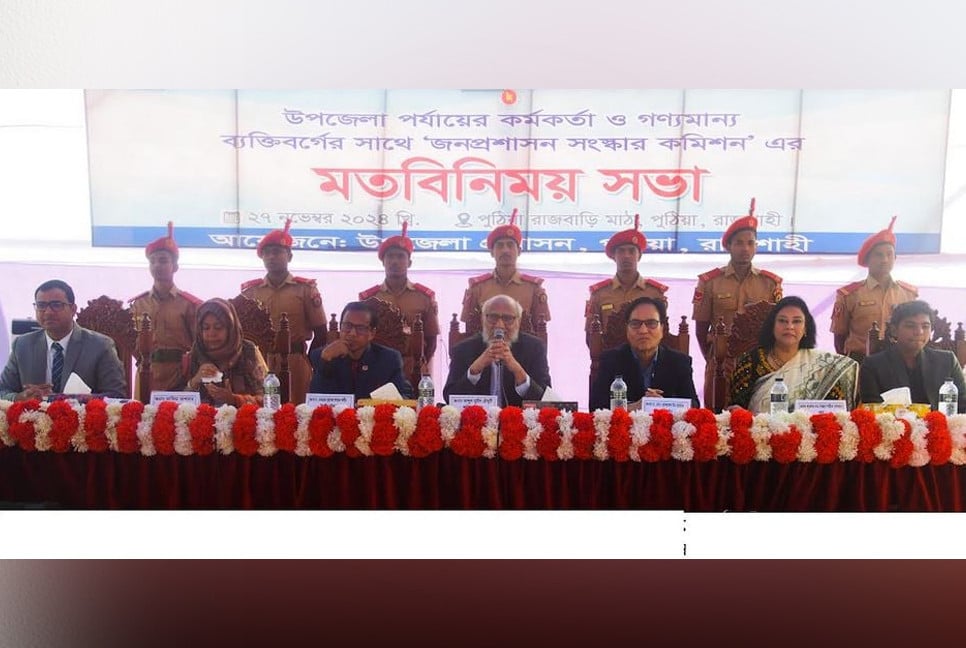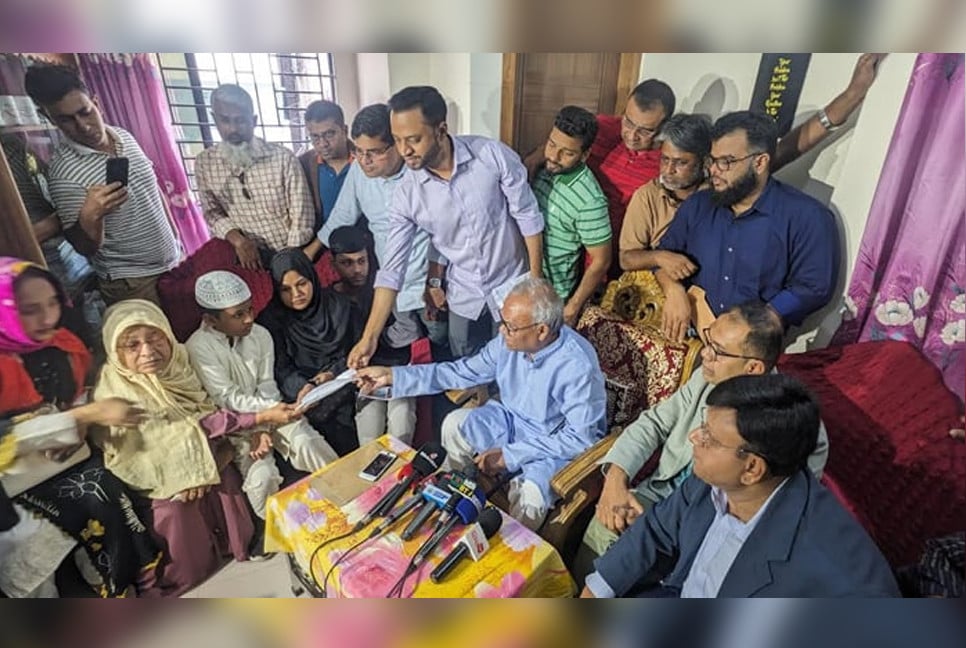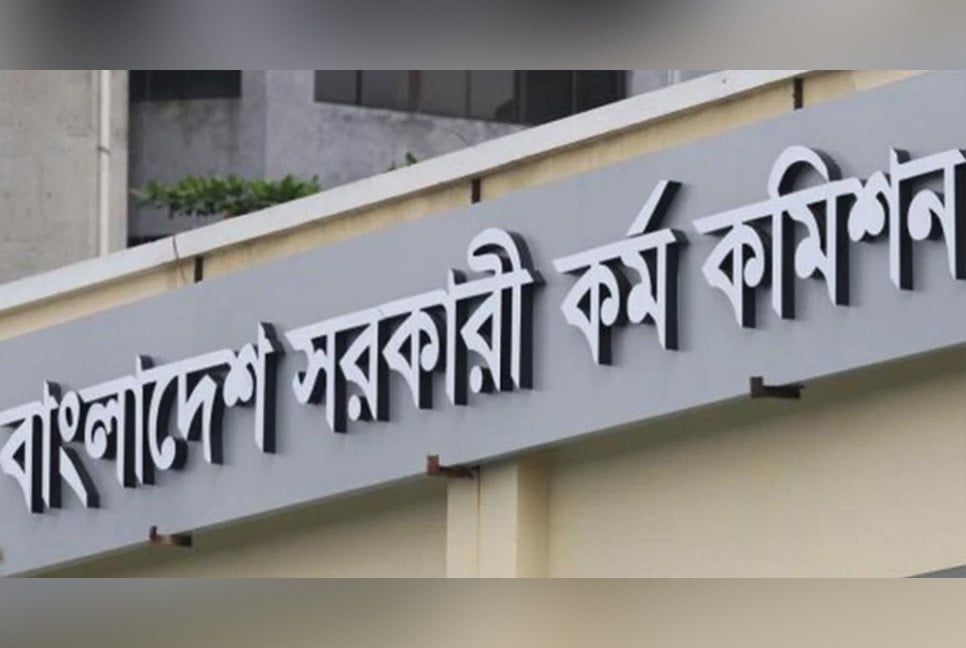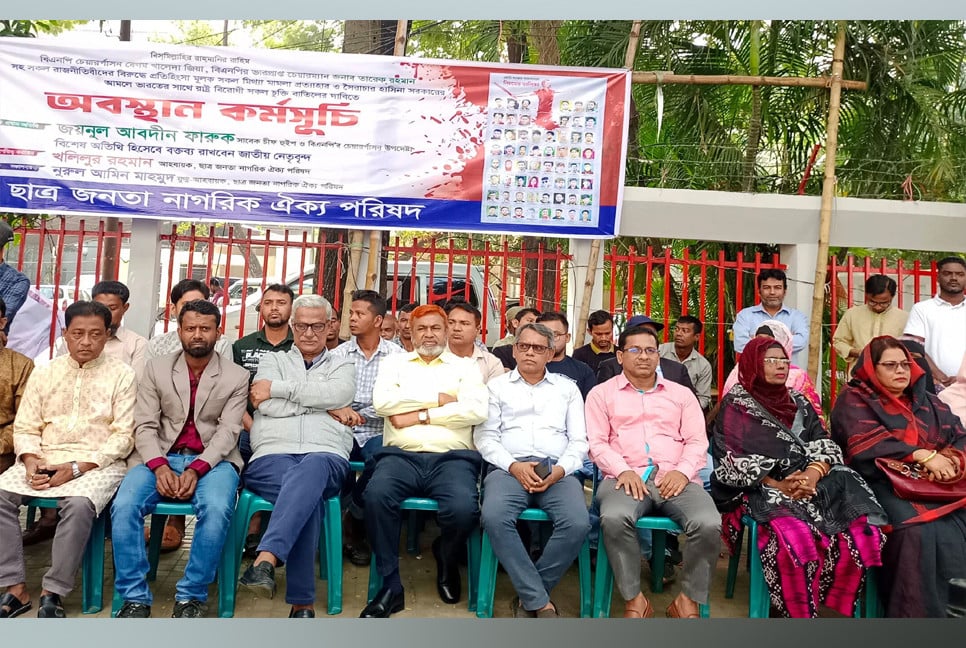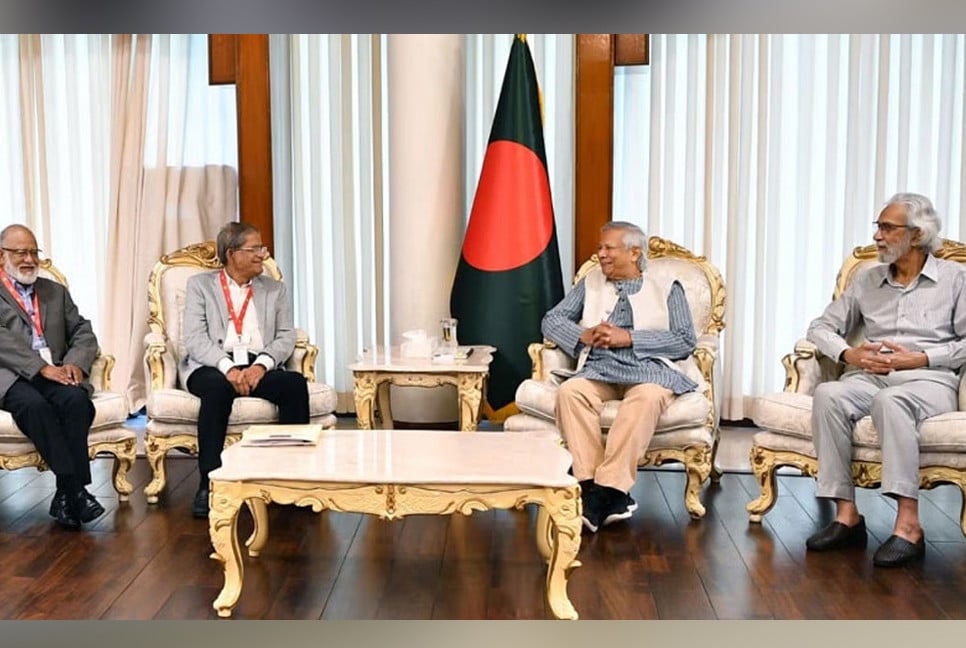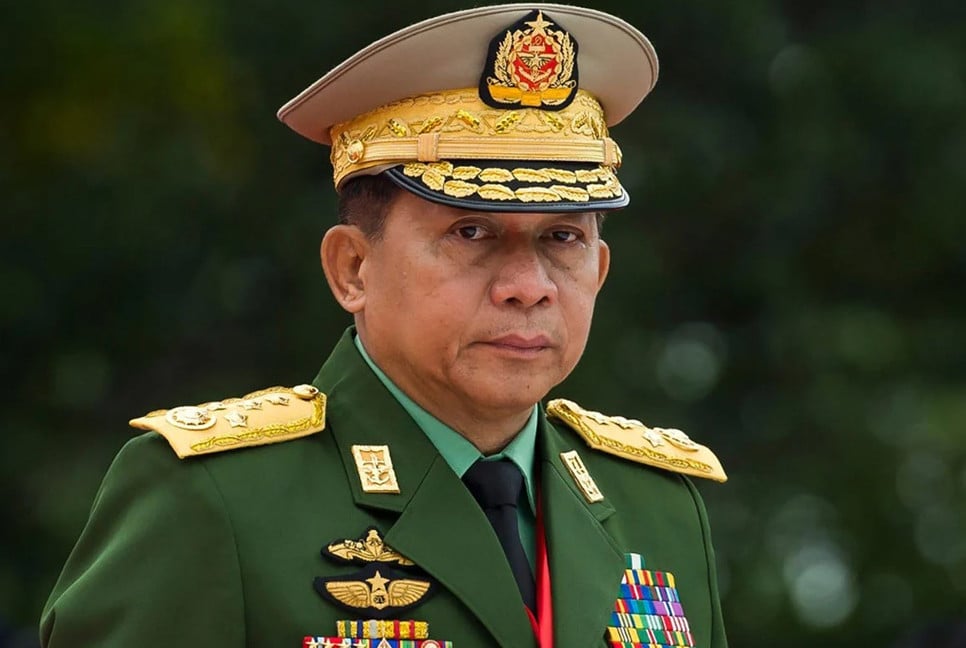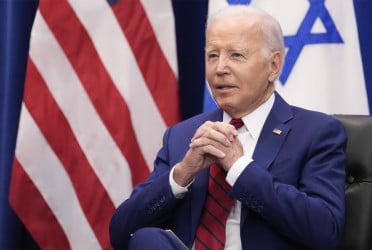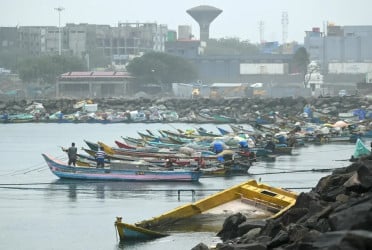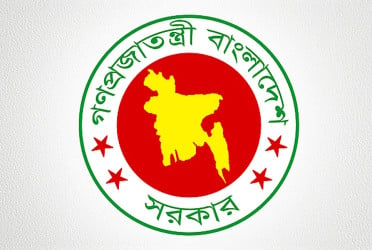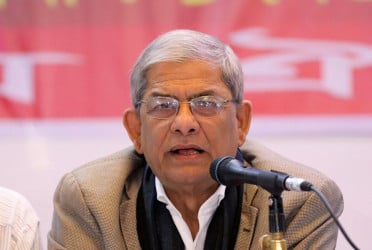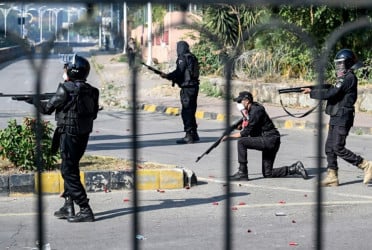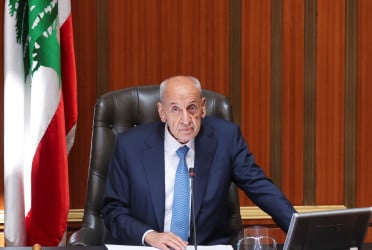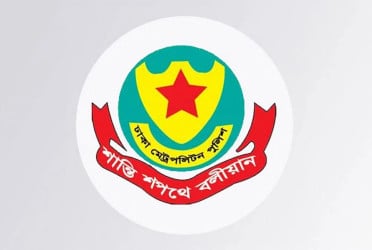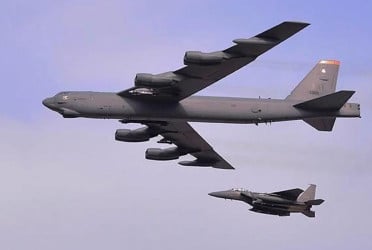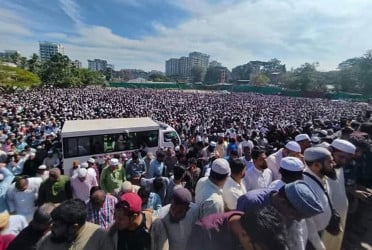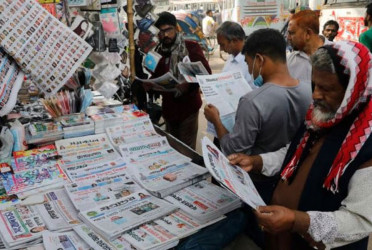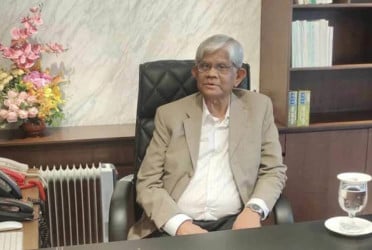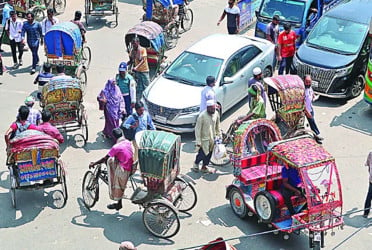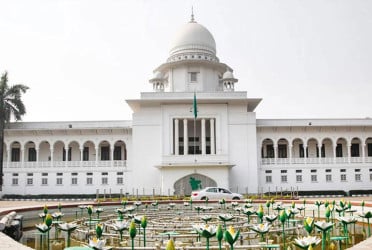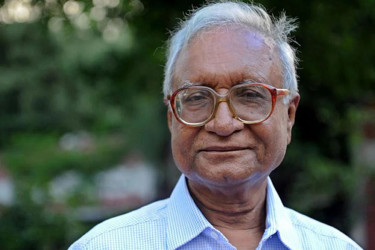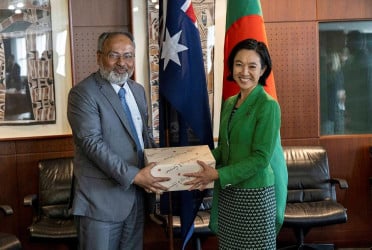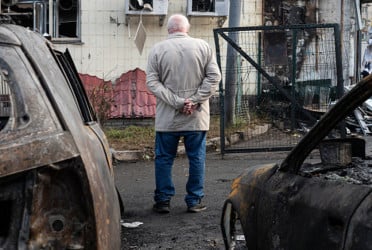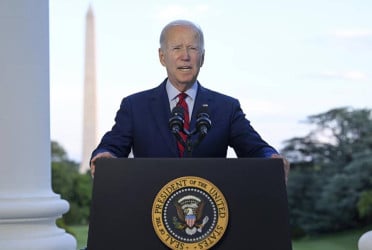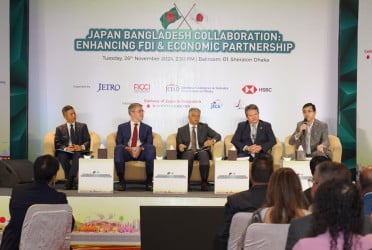Prime Minister Sheikh Hasina and her Japanese counterpart Kishida Fumio have shared the common views that protracted displacement of the Rohingyas will lead to increased burden on the host communities and instability in the region, whereas safe, sustainable repatriation is necessarily essential, reports BSS.
Both the leaders stressed realising a "sustainable, safe, voluntary and dignified" repatriation of the displaced persons to Myanmar as an ultimate solution to this crisis for peace and stability across the region, according to a joint statement issued on Thursday.
Sheikh Hasina put importance on the need for measures to be taken by the Myanmar authorities to create an environment conducive for the early return of the displaced population, including through addressing the root causes behind displacement.
She expressed her appreciation for Japan's support for the displaced persons thus far, including its humanitarian assistance as the first country to do so for those resettled in Bhasan Char.
Prime Minister Kishida reiterated Japan's continuous support for them and announced the decision about additional support for the host communities and the displaced persons, including those in Bhasan Char, on top of approximately 2.3 billion yen through international organizations in February and March 2023 and the previous support worth approximately 190 million US dollars.
The two Prime Ministers shared the importance of providing appropriate assistance such as education and skills training for their self-reliant lives after repatriation.
Prime Minister Kishida expressed his intention to provide educational opportunities in Japan for students who were displaced from Myanmar to Bangladesh and deprived of schooling opportunities.
The two Prime Ministers expressed concerns over the situation in Myanmar and called for an end to violence and armed conflicts, the release of those who are detained and the upholding of a democratic process.
They reaffirmed their support for ASEAN efforts to seek a solution in Myanmar, and appreciated ASEAN Chair's active engagement in this regard.
They called on the Myanmar authorities to urgently implement ASEAN's Five-Point Consensus.
They were also deeply concerned that the neighboring countries, including Bangladesh, are facing spillover effects arising from the situation in Myanmar and demanded responsible acts by the Myanmar authorities.
Prime Minister Kishida commended Bangladesh for temporarily sheltering the forcibly displaced persons from Rakhine State in Myanmar and extending continued humanitarian assistance to them under the leadership of Prime Minister Sheikh Hasina.
At the invitation of Japanese Prime Minister Kishida Fumio, Sheikh Hasina is currently on an official visit to Japan and had a summit meeting on April 26.
In the joint statement, the two Prime Ministers affirmed their support to multilateralism based on the rule of law.
They renewed their determination to work together with a view to strengthening the United Nations as a whole, including early reform of the Security Council, in order to deal with serious issues the international community is facing.
Prime Minister Kishida expressed his gratitude to Bangladesh for its consistent support for the UN Security Council reform, including Japan becoming a permanent member.
Prime Minister Kishida appreciated Bangladesh's leadership and active role as the largest contributor of troops to United Nations peacekeeping operations as well as in its capacity as the Chair of the United Nations Peace building Commission for the year 2022.
Prime Minister Sheikh Hasina thanked the Government of Japan for its readiness to continue its cooperation with the "Peace Building Center" in Bangladesh.
The two Prime Ministers concurred to continue promoting cooperation on peacekeeping.
Both the leaders affirmed their commitment to realizing a world without nuclear weapons.
They reaffirmed that the Treaty on the Non-Proliferation of Nuclear Weapons (NPT) is the cornerstone of the international nuclear disarmament and 5 non-proliferation regime and essential foundation for the pursuit of nuclear disarmament and the peaceful uses of nuclear energy.
They stressed that the 40-year long decline in global nuclear arsenals must be sustained and not reversed.
In this respect, Sheikh Hasina acknowledged Prime Minister Kishida's efforts on nuclear disarmament in line with the "Hiroshima Action Plan" and appreciated Japan's initiative to submit a resolution entitled "Steps to building a common roadmap towards a world without nuclear weapons," adopted by the Plenary Meeting of the UN General Assembly in December 2022.
Prime Minister Kishida expressed his appreciation for Bangladesh's support.
The two Prime Ministers shared their concerns over international terrorism and underscored the importance of disrupting terrorist networks and financing channels, as well as halting cross-border movement of terrorists.
Sheikh Hasina reiterated that her government maintains a "zero tolerance" approach to all forms of terrorisms, financing of terrorism and violent extremism, and has managed to suppress terrorist networks, including through effective community participation.
Prime Minister Kishida appreciated her leadership and requested continuous efforts for securing the safety of Japanese nationals in Bangladesh, including those dedicated to international cooperation projects and Japanese business, and for enhancing efforts to counter violent extremism.
They confirmed their intention to maintain cooperation in countering terrorism.
Bd-pratidin English/Lutful Hoque

